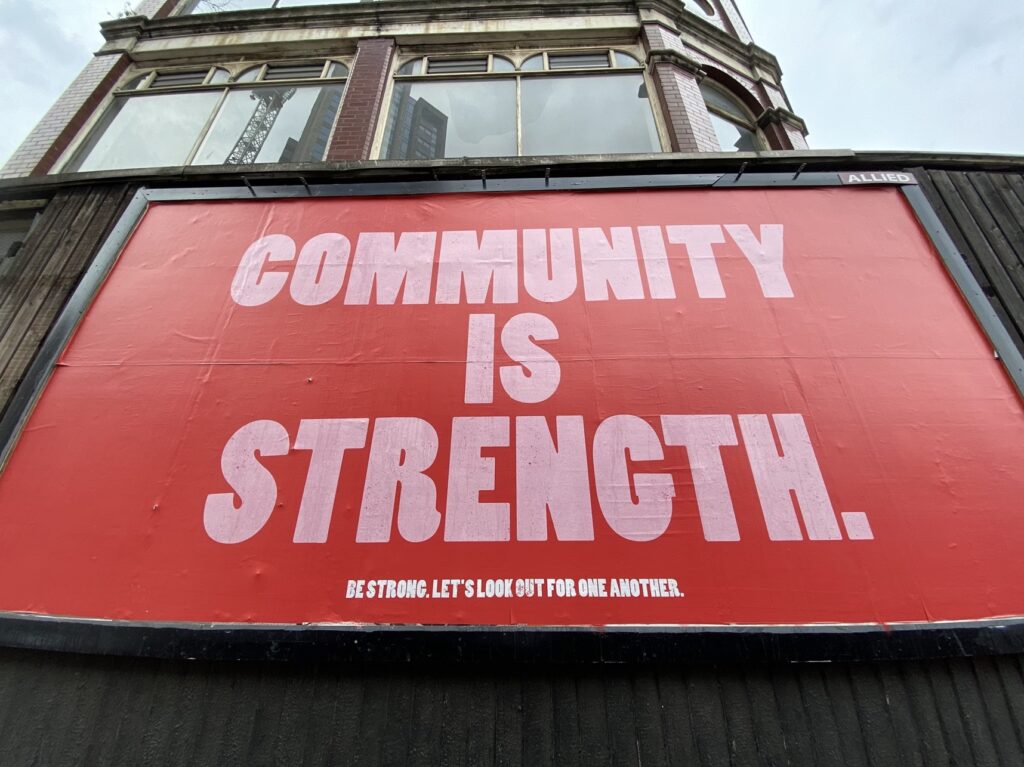
Hey everyone, hope you’re hanging in there. I’ve been watching my favorite movies as a break from the horrors of the real world. Some are very inspiring. Lord of the Rings, for example, has lots of parallels to our world, including an all-consuming evil and band of heroes trying to save the world. Which, of course, makes me think about what if LOTR were set in our sector. Below is the sample script. Let me know what you think.
***
SCENE 1: RIVENDELL
GANDALF: Despite our best efforts, Sauron has awoken. We have never faced such a threat. As we speak, his forces of foul orcs and Uruk-hai march across all of Middle Earth, laying waste to the land, bringing terror and destruction, especially to the most vulnerable.
ELROND: We must form a fellowship and journey to cast this Ring of Capitalism into Mt. Doom while the rest prepare for war. That’s the only way to defeat Sauron and his evil.
BOROMIR: One does not simply end capitalism. Even with the finest warriors in the land, the odds do not favor us.
FRODO: Still, we cannot stand still and watch the people we care about get slaughtered. You have my organizing skills.
ARAGORN: And you have my advocacy expertise.
LEGOLAS: You have my grantwriting skills.
GIMLI: And you have my logic model.
ELROND: Excellent. Then let us—
SAM: What about you, Mister Elrond sir? You have all the gold and mithril. Will you contribute them to the fight?
ELROND: We have been giving out 5% of our gold every year for you all to fight evil. If we give out more to fight Sauron, we will deplete our cache and then what happens when Sauron is defeated, where’s the funding to rebuild?
SAM: But Mister Elrond, we won’t be able to defeat Sauron if we don’t have enough resources. He’s burning everything to the ground. There won’t be anything to rebuild!
LEGOLAS: He does have a point…Maybe we should increase the gold we give out, from 5% each year to—
ELROND (raises up one hand): We elves do not meddle in the affairs of the lesser beings of Middle Earth. We watch from a distance, giving out 5% of our riches, and then we go to the West to the Undying Lands, the Land of Perpetuity, where as usual none of this really affects us.
Continue reading “Script for Lord of the Rings, if it were set in nonprofit and philanthropy”



